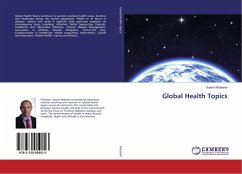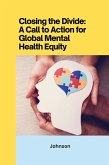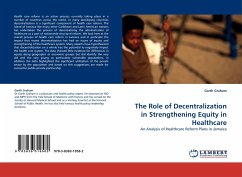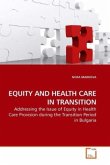Health is a universal human right, as recognized in the Universal Declaration of Human Rights. Health equity -best feasible health for all- is the main principle of global health accepted by all countries as recognized in the founding objective of the World Health Organization. In this book we identify the best feasible (and sustainable) country average levels of health since 1950 till 2015 and measure the gap towards the mentioned global health objective. This analysis concludes that over 30% (and 37% in women) of the annual deaths worldwide would be avoided by global health equity. In the last five-year period the annual average of avoidable deaths was of over 17 million deaths, one every two seconds. This tragic death toll due to global injustice challenges the present global system where half the population leaves under the dignity threshold required to enjoy the universal right to health. When this concept and method are applied to sub-national analysis, the sensitivity of the burden of health inequity is increased and it can guide ethical fiscal and territorial redistribution of wealth to enable universal rights.
Bitte wählen Sie Ihr Anliegen aus.
Rechnungen
Retourenschein anfordern
Bestellstatus
Storno








